September 26 stands as one of history’s most eventful days, witnessing the rise and fall of empires, groundbreaking discoveries, and moments that shaped our modern world across centuries of human achievement.
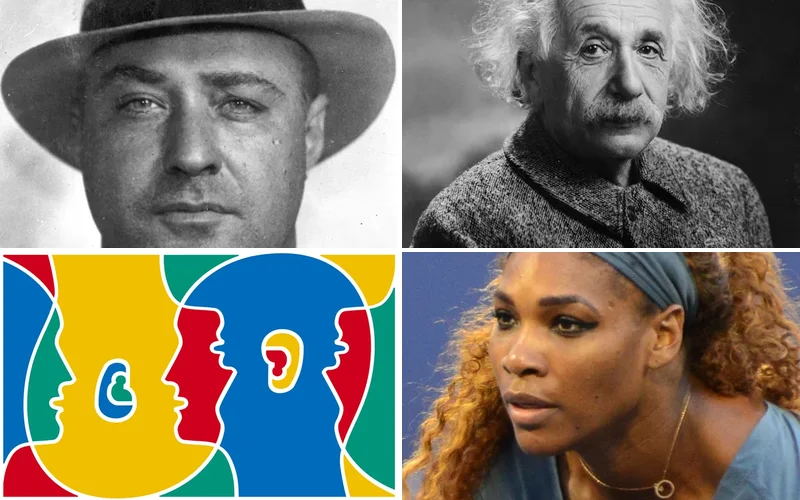
Politics and Government Events on September 26
1907 – New Zealand and Newfoundland Promoted to Dominions
The British Empire elevated New Zealand and Newfoundland from colonial status to dominions following the 1907 Imperial Conference. This constitutional transformation granted these territories greater self-governance while maintaining ties to the Crown.
The promotion represented a significant shift in imperial policy toward greater autonomy. Both dominions gained enhanced control over their domestic affairs and international relations within the Commonwealth framework.
1914 – Federal Trade Commission Established
The United States Congress created the Federal Trade Commission through landmark legislation targeting unfair business practices. The new agency received broad powers to investigate and prosecute anti-competitive behavior across American industries.
Progressive reformers celebrated this victory against corporate monopolies and trusts. The FTC’s establishment marked a decisive step toward federal regulation of interstate commerce and consumer protection.
1959 – Korean War: Seoul Recaptured
United Nations forces successfully recaptured Seoul from North Korean troops during a major offensive operation. The liberation of South Korea’s capital city marked a crucial turning point in the conflict.
Allied commanders coordinated air strikes and ground assaults to break enemy resistance. The victory restored hope for South Korean civilians who had endured months of occupation.
1980 – Oktoberfest Bombing in Munich

A devastating terrorist attack struck Munich’s famous Oktoberfest celebration, killing 13 people and injuring 213 others. The explosion occurred near the main entrance to the festival grounds during peak attendance.
German authorities launched an extensive investigation into the deadliest attack on German soil since World War II. The bombing shocked the nation and led to enhanced security measures at public events.
1984 – UK-China Agreement on Hong Kong
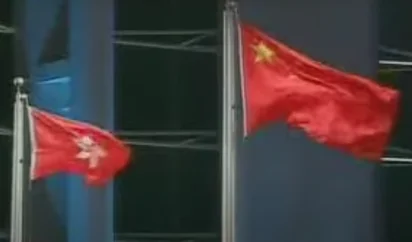
Britain and China signed a historic agreement establishing the framework for Hong Kong’s return to Chinese sovereignty in 1997. The Joint Declaration guaranteed the territory’s autonomy under the “One Country, Two Systems” principle.
Negotiators worked for months to address concerns about Hong Kong’s future political and economic systems. The agreement promised to preserve the territory’s capitalist economy and legal system for fifty years.
2000 – Anti-Globalization Protests in Prague
Approximately 20,000 protesters clashed with police during IMF and World Bank summit meetings in Prague. The demonstrations turned violent as activists opposed international financial institutions’ policies.
Riot police deployed tear gas and water cannons to disperse crowds throughout the city center. The protests highlighted growing worldwide opposition to economic globalization and structural adjustment programs.
2014 – Mass Kidnapping in Iguala, Mexico
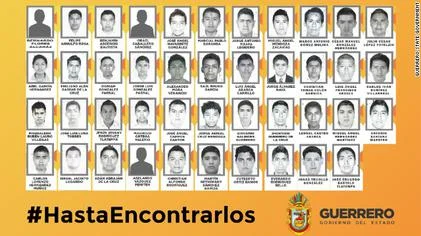
A mass kidnapping occurred in Iguala, Mexico, involving multiple victims in a coordinated criminal operation. The incident exposed deep corruption within local government and police forces.
Federal authorities launched investigations into the disappearances amid public outrage over official complicity. The case became a symbol of Mexico’s ongoing struggles with organized crime and impunity.
Military and Naval History on September 26
1917 – Battle of Polygon Wood Begins
World War I forces launched the Battle of Polygon Wood as part of the larger Passchendaele campaign. British and Australian troops advanced against heavily fortified German positions in Belgium.
Artillery bombardments preceded the infantry assault through muddy, shell-cratered terrain. The battle demonstrated the horrific conditions and tactical challenges of Western Front warfare.
1918 – Meuse-Argonne Offensive Launched
American forces initiated the massive Meuse-Argonne Offensive, the largest military operation in United States history. Over one million American troops participated in this final push against German forces.
The offensive aimed to break through German defensive lines and force an armistice. This campaign would continue until Germany’s total surrender, marking America’s decisive contribution to Allied victory.
1923 – Germany Ends Ruhr Resistance
The German government officially terminated its passive resistance campaign against French and Belgian occupation of the Ruhr region. Economic pressures and hyperinflation forced this strategic retreat from confrontational policies.
The decision marked Germany’s acceptance of defeat in the post-war reparations crisis. German workers returned to factories and mines under foreign military supervision, ending months of industrial paralysis.
1942 – Holocaust: August Frank’s Memorandum

Senior SS official August Frank issued a detailed memorandum outlining procedures for Jewish “evacuation” operations. The document provided bureaucratic instructions for implementing genocidal policies across Nazi-occupied territories.
The memorandum represented the systematic, administrative nature of Holocaust planning and execution. Nazi officials used euphemistic language to disguise the true nature of their murderous intentions.
1983 – Stanislav Petrov Prevents Nuclear War
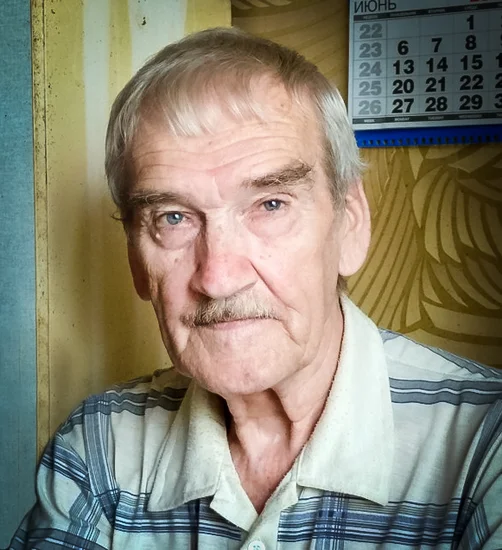
Soviet Air Force officer Stanislav Petrov identified a false alarm indicating incoming American nuclear missiles and prevented global catastrophe. His decision to report the alert as a computer malfunction avoided automatic retaliation.
Petrov’s judgment saved millions of lives during the height of Cold War tensions. The incident remained classified for years, highlighting how close the world came to nuclear destruction.
Science and Discovery Milestones on September 26
1905 – Einstein Publishes Special Relativity
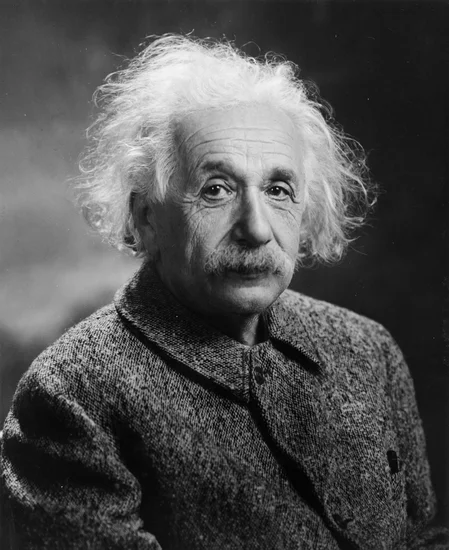
Albert Einstein published his third Annus Mirabilis paper, introducing the special theory of relativity to the scientific world. The groundbreaking work revolutionized understanding of space, time, and the relationship between matter and energy.
Einstein’s equations demonstrated that space and time are interwoven and relative to the observer’s motion. The theory laid the foundation for modern physics and fundamentally changed humanity’s perception of the universe.
1983 – Soyuz Launch Escape System Saves Crew
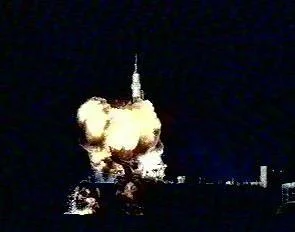
The Soyuz 7K-ST No. 16L spacecraft’s launch escape system activated seconds before the rocket exploded on the pad. The automatic safety mechanism pulled the crew capsule clear of the fireball, saving both cosmonauts.
This incident demonstrated the effectiveness of Soviet safety systems during space missions. The successful escape became a landmark case study in space program emergency procedures and crew survival.
1927 – Robert Cade Born
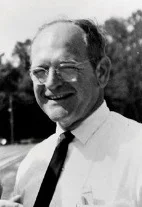
American physician Robert Cade entered the world, destined to revolutionize sports medicine and athlete hydration. His medical background and research interests would later intersect with athletic performance enhancement.
Cade’s innovative approach to fluid replacement therapy emerged from treating dehydrated football players. His scientific work would eventually lead to the development of Gatorade, transforming sports nutrition worldwide.
Cultural and Arts Events on September 26
1960 – First Televised Presidential Debate
Presidential candidates Richard Nixon and John F. Kennedy faced each other in the first televised debate in American political history. The Chicago event attracted over 70 million viewers and transformed campaign strategies forever.
Television’s visual impact favored Kennedy’s youthful appearance over Nixon’s haggard look following recent hospitalization. The debate demonstrated television’s power to influence public opinion and electoral outcomes.
1945 – Béla Bartók Dies
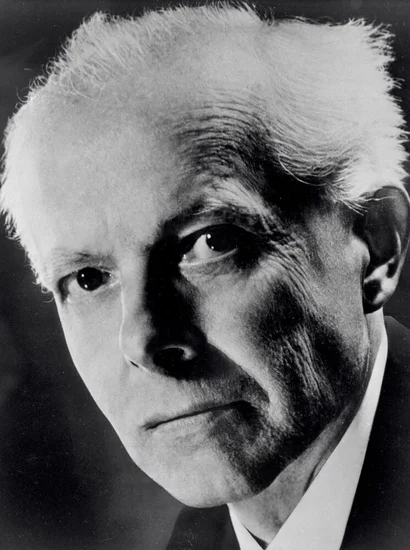
Hungarian composer and pianist Béla Bartók passed away in New York City, leaving behind a revolutionary musical legacy. His integration of folk music elements with classical compositions created an entirely new musical language.
Bartók’s ethnomusicological research preserved thousands of traditional melodies from Eastern Europe and North Africa. His innovative harmonic structures and rhythmic patterns influenced generations of composers worldwide.
1968 – Anna Magnani Dies
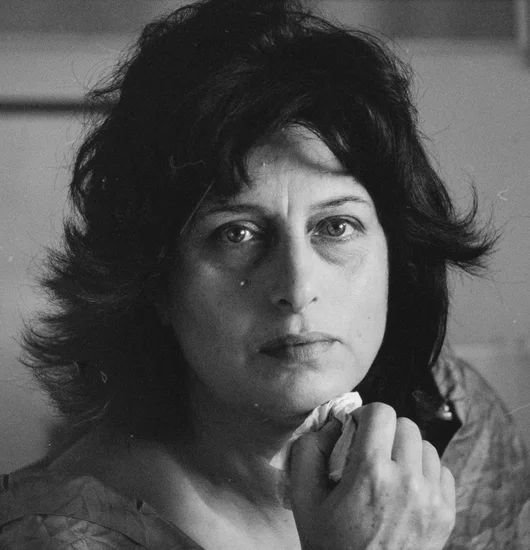
Italian actress Anna Magnani died in Rome, concluding a career that defined post-war Italian cinema. Her powerful performances in neorealist films captured the struggles and resilience of ordinary people.
Magnani’s raw emotional intensity and naturalistic acting style influenced filmmakers across the globe. Her Academy Award-winning work helped establish Italian cinema’s international reputation during the 1950s.
1976 – Olivia Newton-John Born

English-Australian entertainer Olivia Newton-John was born in Cambridge, England, beginning a life that would span multiple entertainment mediums. Her family’s relocation to Australia shaped her early musical influences.
Newton-John’s versatile talents would later encompass pop music, country music, and film acting. Her crossover appeal helped bridge cultural gaps between different musical genres and international audiences.
Religious and Social Events on September 26
1937 – Bessie Smith Dies
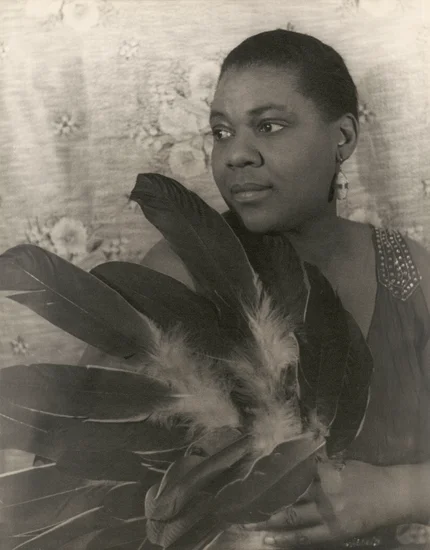
American blues singer Bessie Smith died following a car accident in Mississippi, ending the career of the “Empress of the Blues.” Her powerful voice and emotional depth had defined an entire musical era.
Smith’s recordings influenced countless musicians and helped establish blues as a legitimate art form. Her tragic death at age 43 robbed the world of one of its most influential vocalists.
1946 – Winnie Madikizela-Mandela Born
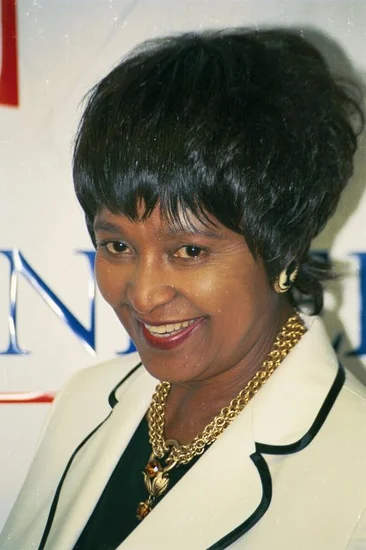
South African anti-apartheid activist Winnie Madikizela-Mandela was born in Bizana, beginning a life dedicated to fighting racial oppression. Her early experiences with discrimination shaped her lifelong commitment to social justice.
Madikizela-Mandela’s activism would make her a prominent figure in the struggle against apartheid. Her leadership during her husband’s imprisonment earned her international recognition as a freedom fighter.
1943 – Henri Fertet Dies
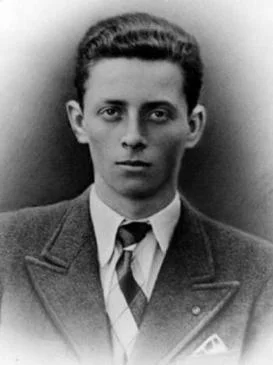
French Resistance fighter Henri Fertet was executed by Nazi forces at age 16, becoming one of the youngest martyrs of the anti-fascist struggle. His courage inspired fellow resistance members throughout occupied France.
Fertet’s final letter to his parents expressed unwavering patriotism and defiance against Nazi occupation. His sacrifice symbolized the heroism of ordinary citizens who risked everything for freedom.
Business and Economic Events on September 26
1950 – Sugar Rationing Ends in Britain
The United Kingdom officially ended sugar rationing, marking another step toward post-war economic normalization. British consumers celebrated the return of unrestricted access to this basic commodity.
The end of rationing reflected improving international trade relationships and domestic economic recovery. Government officials praised public cooperation during years of wartime and post-war shortages.
1902 – Levi Strauss Dies

German-American businessman Levi Strauss died in San Francisco, concluding a career that revolutionized American clothing. His denim innovations had transformed work wear and casual fashion across the nation.
Strauss’s company continued manufacturing the sturdy pants that bore his name, establishing an enduring American brand. His business practices emphasized quality craftsmanship and customer satisfaction, creating lasting consumer loyalty.
1933 – Machine Gun Kelly Surrenders
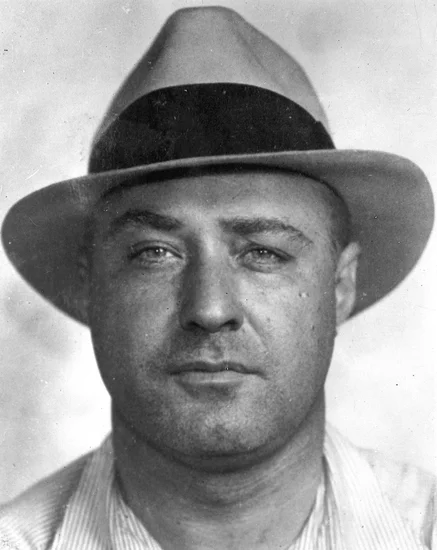
Notorious gangster Machine Gun Kelly surrendered to FBI agents while reportedly shouting “Don’t shoot, G-Men!” The phrase became a popular nickname for federal law enforcement officers.
Kelly’s capture demonstrated the FBI’s growing effectiveness against organized crime during the Depression era. His surrender marked a significant victory in the federal government’s campaign against kidnapping and racketeering.
Transportation and Infrastructure on September 26
1954 – Tōya Maru Ferry Disaster
The Japanese rail ferry Tōya Maru sank during a powerful typhoon in the Tsugaru Strait, killing 1,172 passengers and crew members. The disaster became Japan’s worst peacetime maritime tragedy.
Rescue efforts were hampered by severe weather conditions and rough seas throughout the night. The tragedy led to improved ferry safety regulations and weather monitoring systems across Japan.
1997 – Garuda Indonesia Flight Crash
A Garuda Indonesia Airbus A300 crashed near Medan airport, killing all 234 people aboard the aircraft. The accident occurred during approach in heavy smoke conditions from regional forest fires.
Investigation revealed that reduced visibility from haze contributed to the pilot’s spatial disorientation. The disaster prompted enhanced approach procedures and improved air traffic control systems in Southeast Asia.
2002 – MV Le Joola Capsizes
The overcrowded Senegalese ferry MV Le Joola capsized off the Gambian coast, killing more than 1,000 passengers. The disaster became one of the deadliest maritime accidents in modern history.
Inadequate safety equipment and massive overcrowding contributed to the enormous loss of life. The tragedy highlighted the urgent need for improved ferry safety standards in West African waters.
Sports and Recreation on September 26
1982 – Serena Williams Born

American tennis champion Serena Williams was born in Saginaw, Michigan, beginning a journey toward athletic greatness. Her family’s dedication to tennis training would shape her competitive spirit from an early age.
Williams’s powerful playing style and mental toughness would revolutionize women’s tennis. Her athletic achievements would inspire countless young athletes and redefine possibilities in professional sports.
1909 – Bill France Sr. Born
American racing enthusiast Bill France Sr. was born in Washington D.C., destined to transform stock car racing into a national phenomenon. His entrepreneurial vision would create America’s premier motorsports organization.
France’s leadership would establish NASCAR as the sanctioning body for professional stock car racing. His business acumen and promotional skills helped elevate racing from regional entertainment to major league sport.
1943 – Ian Chappell Born
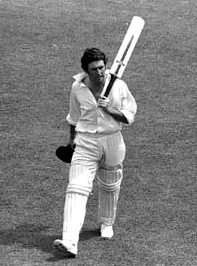
Australian cricket captain Ian Chappell was born in Adelaide, beginning a career that would redefine leadership in international cricket. His aggressive approach and tactical innovation changed the sport’s competitive landscape.
Chappell’s captaincy style emphasized attacking cricket and psychological warfare against opponents. His leadership philosophy influenced generations of cricket captains and modernized the sport’s strategic approach.
Notable Births on September 26
1901 – George Raft Born
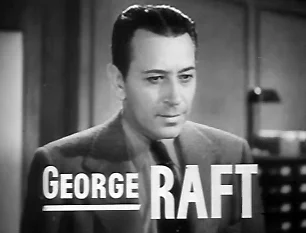
American actor George Raft was born in New York City, beginning a career that would define 1930s Hollywood gangster films. His street-smart persona and distinctive style made him a natural for tough-guy roles.
Raft’s performances in crime dramas helped establish film noir as a legitimate genre. His real-life connections to underworld figures added authenticity to his screen portrayals of criminals and gangsters.
1926 – Julie London Born

American singer and actress Julie London was born in Santa Rosa, California, destined to become a jazz and pop icon. Her sultry voice and sophisticated style would define cool jazz vocal performance.
London’s recording career produced numerous hit songs and critically acclaimed albums. Her acting work in television and films showcased her versatility as an entertainer and dramatic performer.
1932 – Manmohan Singh Born
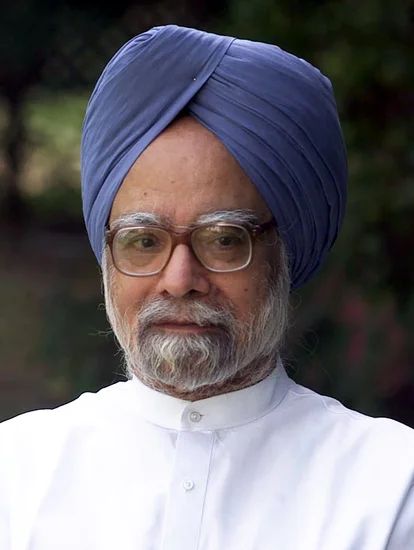
Indian economist Manmohan Singh was born in Punjab, beginning a distinguished career in public service and economic policy. His academic achievements and policy expertise would shape India’s modern economy.
Singh’s economic reforms as Finance Minister liberalized India’s economy and spurred unprecedented growth. His later service as Prime Minister demonstrated his commitment to democratic governance and economic development.
1945 – Bryan Ferry Born

English musician Bryan Ferry was born in County Durham, destined to become a pioneering figure in art rock and glam music. His sophisticated musical arrangements and fashion sense would influence popular culture.
Ferry’s work with Roxy Music and as a solo artist pushed creative boundaries in rock music. His innovative approach to songwriting and performance helped define the sound of 1970s British rock.
1961 – Will Self Born

English novelist Will Self was born in London, beginning a literary career marked by experimental fiction and satirical social commentary. His unconventional writing style would challenge traditional narrative structures.
Self’s novels and short stories explored contemporary British society with dark humor and psychological insight. His intellectual approach to fiction writing earned critical acclaim and influenced modern British literature.
Notable Deaths on September 26
1904 – Lafcadio Hearn Dies
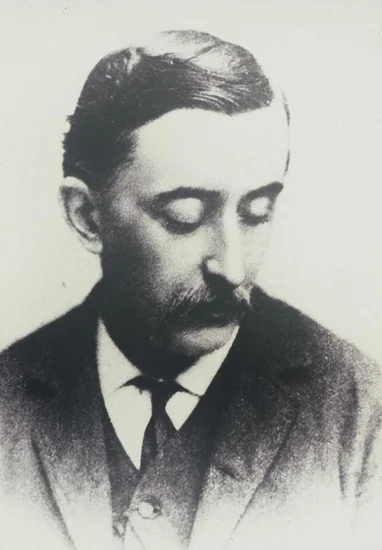
Greek-Japanese author Lafcadio Hearn died in Tokyo, concluding a career that bridged Eastern and Western literary traditions. His writings about Japanese culture introduced Western readers to Japanese folklore and customs.
Hearn’s unique perspective as a Western expatriate in Japan provided valuable cultural insights. His literary works preserved traditional Japanese stories and helped foster international understanding between cultures.
1952 – George Santayana Dies
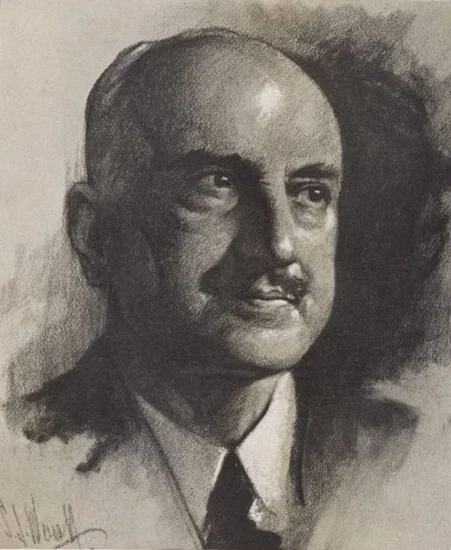
Spanish philosopher George Santayana died in Rome, ending a distinguished career in philosophy and literary criticism. His philosophical works explored the relationship between reason, emotion, and aesthetic experience.
Santayana’s famous observation that “those who cannot remember the past are condemned to repeat it” became widely quoted. His philosophical insights influenced generations of thinkers and shaped modern philosophical discourse.
2008 – Paul Newman Dies

American actor Paul Newman died in Connecticut, concluding one of Hollywood’s most celebrated careers. His performances in classic films defined American cinema for multiple generations of moviegoers.
Newman’s humanitarian work and business ventures demonstrated his commitment to social causes. His Newman’s Own food company donated millions to charity, establishing a model for celebrity philanthropy.
2019 – Jacques Chirac Dies
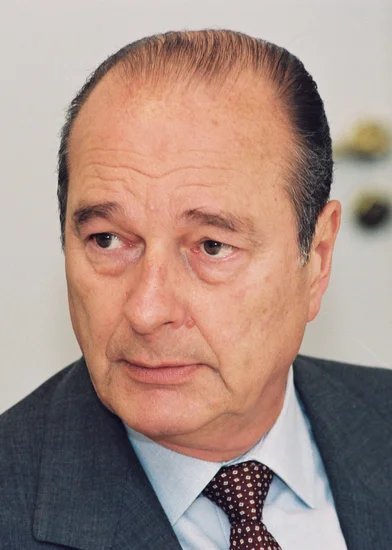
French politician Jacques Chirac died in Paris, ending a career that spanned decades of French political life. His presidency and earlier political roles shaped modern French domestic and foreign policy.
Chirac’s opposition to the Iraq War demonstrated France’s independent foreign policy stance. His political legacy included efforts to strengthen European unity and promote international cooperation.
2024 – Rob Burrow Dies
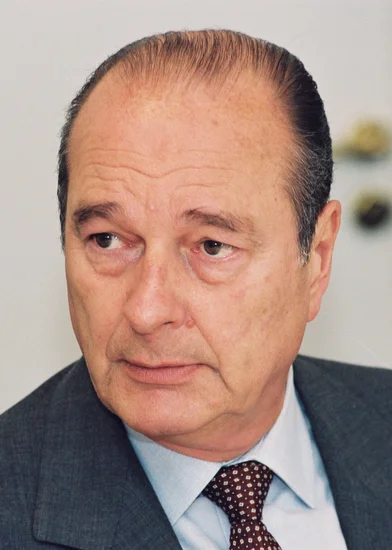
English rugby player Rob Burrow died after a courageous battle with motor neuron disease, concluding a career that inspired millions. His athletic achievements and personal bravery made him a beloved sports figure.
Burrow’s advocacy for motor neuron disease research raised awareness and funding for medical research. His determination in facing illness demonstrated the same courage that characterized his rugby career.
Holidays and Observances on September 26
European Day of Languages

The European Union celebrates the European Day of Languages to promote linguistic diversity and language learning across member nations. The observance encourages citizens to learn new languages and appreciate cultural differences.
Educational institutions organize special programs highlighting the importance of multilingualism in modern society. The day emphasizes how language skills enhance personal opportunities and strengthen international cooperation.
International Day for the Total Elimination of Nuclear Weapons

The United Nations observes this day to promote nuclear disarmament and raise awareness about the dangers of nuclear weapons. The observance encourages international cooperation toward complete nuclear disarmament.
Peace organizations worldwide organize educational events and advocacy campaigns supporting nuclear weapons elimination. The day highlights the ongoing threat posed by nuclear weapons and the urgent need for global disarmament efforts.
Day of the National Flag (Ecuador)
Ecuador celebrates its national flag with ceremonies and patriotic displays throughout the country. The observance honors the flag’s symbolic importance and the values it represents for Ecuadorian citizens.
Government officials participate in flag-raising ceremonies and educational programs about national symbols. The celebration reinforces national unity and pride in Ecuadorian cultural identity and independence.
